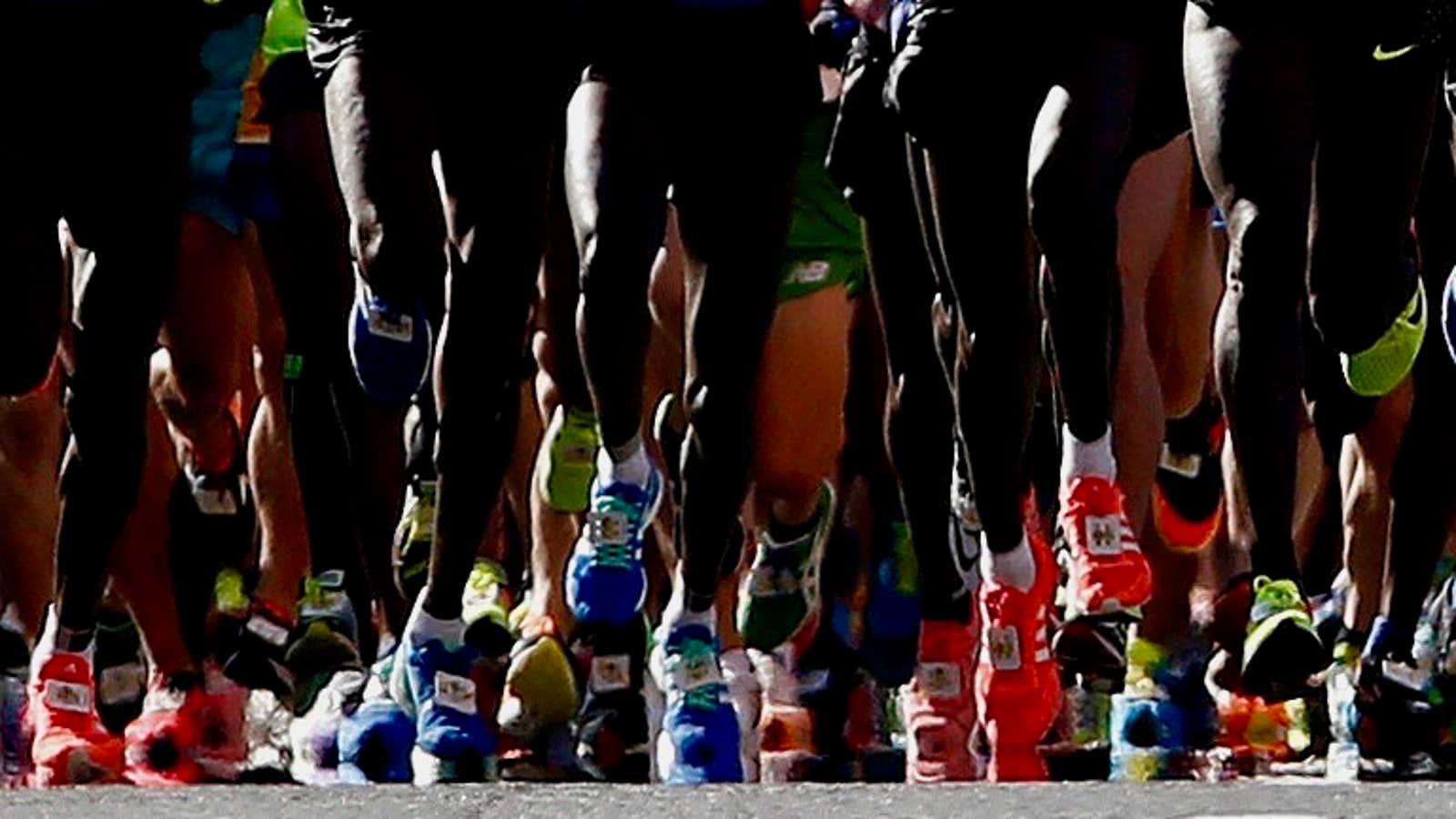Climate change can seem like an abstraction if you’re not living in places like Qatar, where the outdoors are being air-conditioned, or Miami, where flooding is increasingly common. But for many athletes and sports fans, environmental woes are already hitting home.
As the winter-sports season approaches in the US, for example, those who take to the slopes, and the businesses and people who serve them, are watching warily. Over the years, the season has become shorter due to warming temperatures caused by human activity, according to the National Oceanic and Atmospheric Association. Skiers, snowboarders, and others pay the price with worsening conditions and fewer opportunities, and the changes are costing businesses.
A study of snowpack changes in western US states in the journal Geophysical Research Letters last December noted that the snow season has shrunk by 34 days on average in some areas since the 1980s.
That is a significant change that impacts the $20 billion annual contribution of snow sports-related activity to the economy, much of which comes from ski resorts that support local economies.
Josh Lautenberg, who owns a real estate business in Vail, Colorado, says visitors seem to be getting warier of putting down deposits on hotels and properties near ski slopes that might not be open due to weather woes. “So we do certainly worry that we wouldn’t be able to sustain one or two or three consecutive years low snow volume due to climate change,” Lautenberg told CNBC after last winter. “And as far as [my] business…what will happen? You know, where is my livelihood in the future, in three to four, five years?”
Of course, winter isn’t the only season that’s been changing. “The 2020 Olympic marathon, previously scheduled for Tokyo, is now being relocated to cooler Sapporo, thanks to extreme heat waves that have killed hundreds and hospitalized thousands in recent years,” Adam Minter noted in a Bloomberg opinion piece this week.
He argues that athletes and sports fans alike are only starting to feel the heat from climate change and that sports authorities and organizations should be communicating about those changes openly, rather than indirectly acknowledging the transforming weather through, say, location changes. Essentially Minter is saying there’s no reason to be coy about our dire global climactic realities: The Tokyo Olympic Committee had a teachable moment and missed the opportunity to inform the public.
At the World Athletics Championships in Doha, Qatar last month, organizers held the women’s marathon at midnight to keep runners out of the worst of the extreme heat—but they didn’t talk about why conditions have been worsening. Given how much people love sports, connecting the dots for those disinclined to take an interest in science could turn fans of football, golf, and other games into passionate environmentalists.
